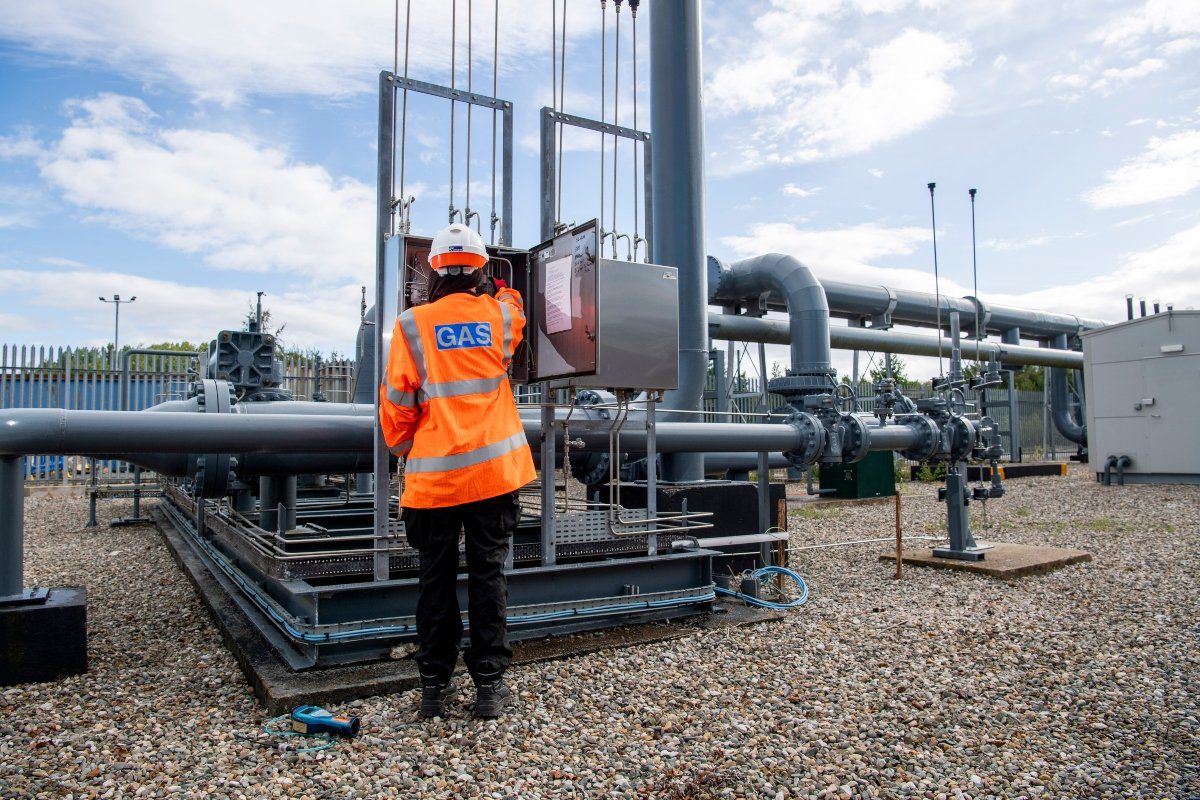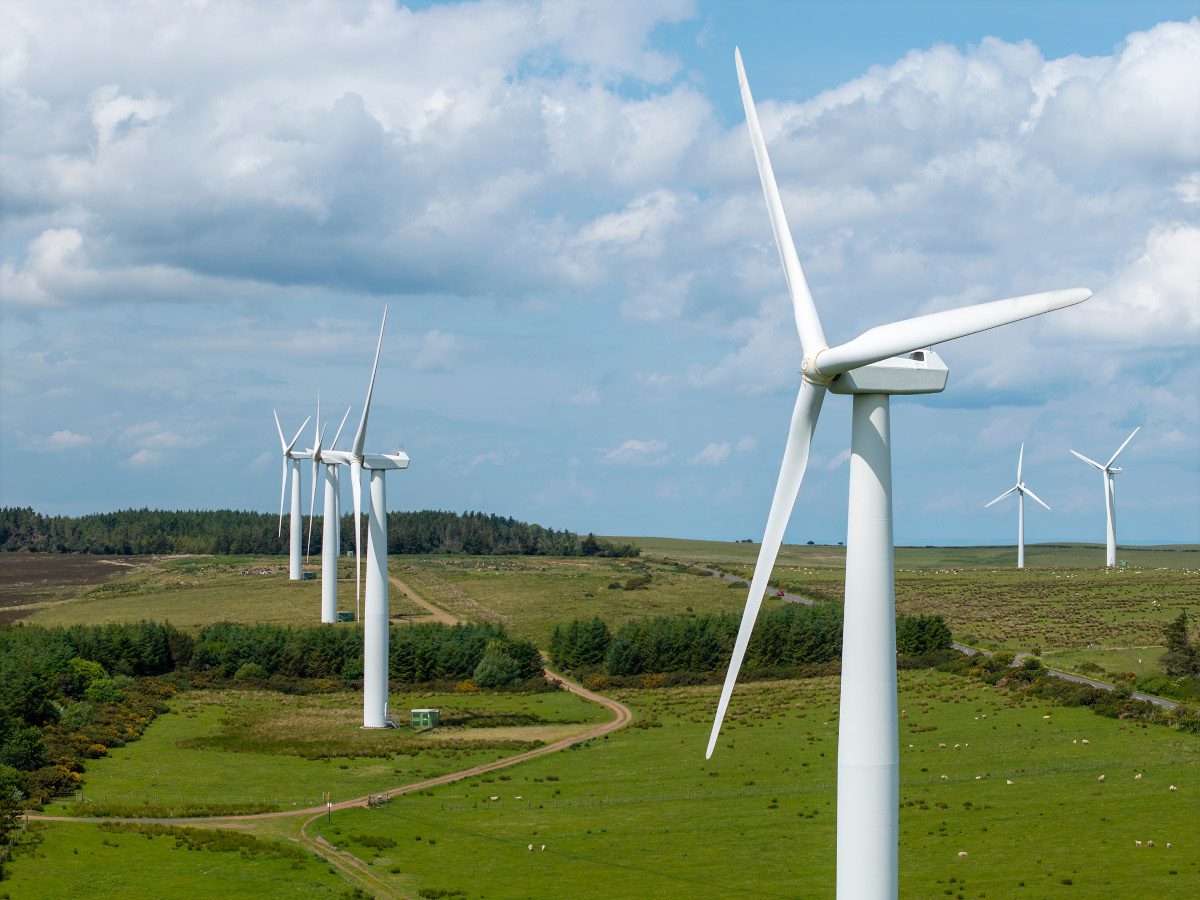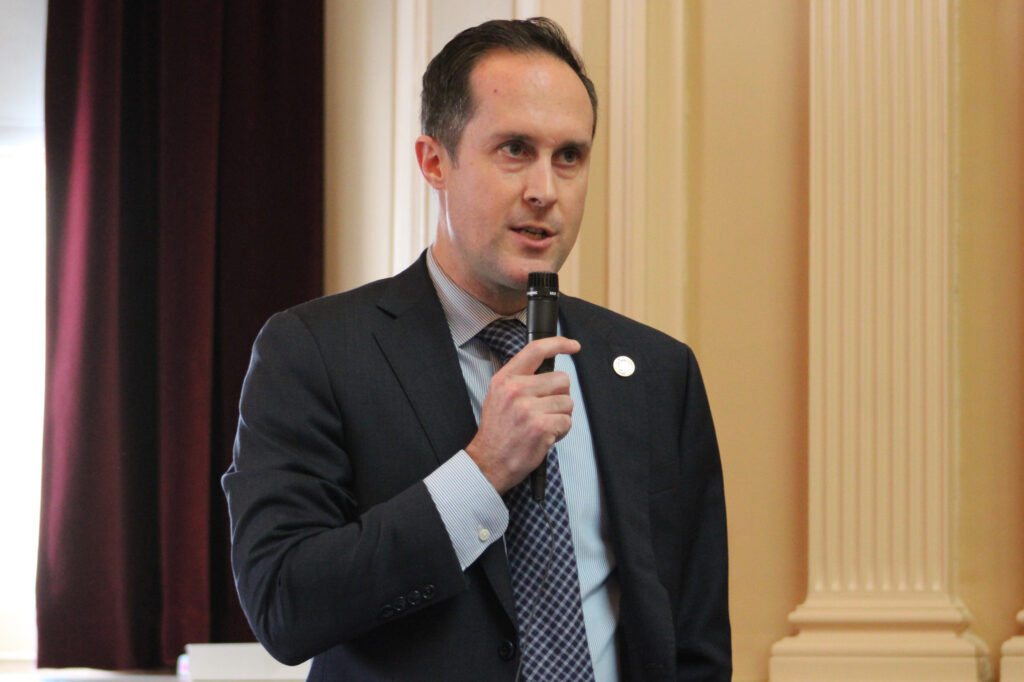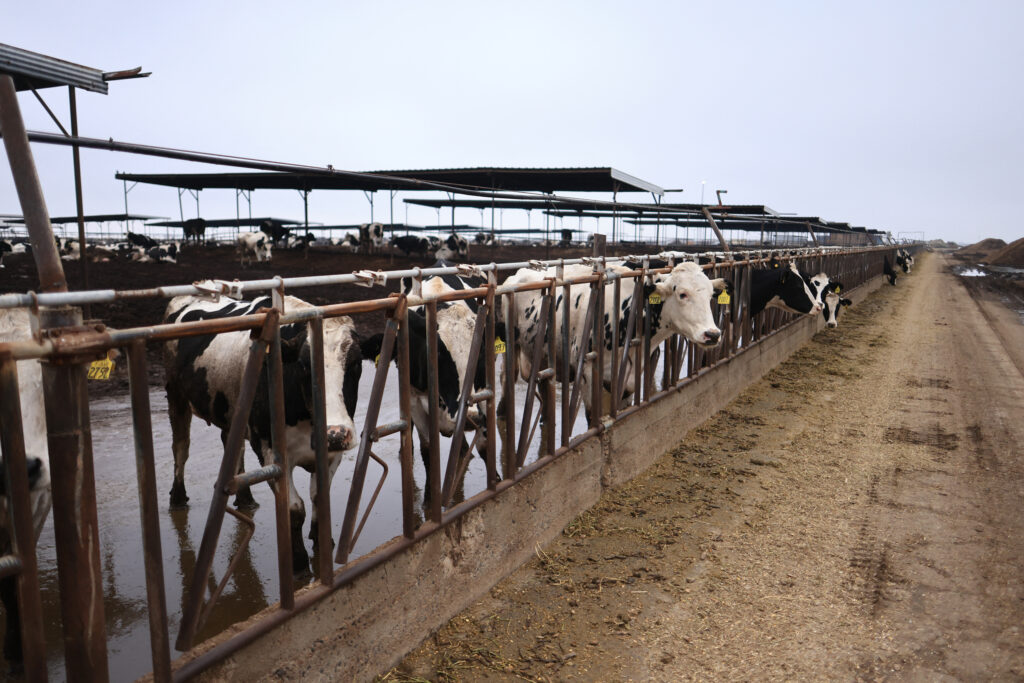Small firms are keen to become more energy-efficient, says the Federation of Small Businesses (FSB), but they are being held back by the high upfront cost of green investment. A new report from the group attempts to present practical pathways for progress, and to tailor sustainability advice to small business needs.
Undertaken in partnership with Zurich UK, New Growth: How to support small businesses to cut carbon and costs on the road to Net Zero, published on 27 May, reports that half of small businesses (51%) say that sustainability is a high priority for their business.
The document says that while nearly two-thirds of small firms (64%) think that sustainability should be a high priority for the Government, only a quarter (25%) expect to transition their own business to net zero by 2050.
With small firms making up somewhere between 43 and 53 per cent of the UK’s business emissions, this clearly suggests a mismatch between the expectations of the country’s preparedness for 2050, when the UK has committed to reaching net zero emissions, and the work that will be needed to get there.
Two in five small firms (38%) cite a lack of capital as a barrier to transition, while a third (33%) say the return on investment for green tech is too long, in the FSB report.
Only one in eight small firms (13%) say they have the appropriate finances to transition to net zero, while under a fifth (18%) say they have the right skills to make the change, and only a quarter (26%) have the right knowledge.
Lower energy bills were the most popular incentive to get small firms to install low carbon improvements, selected by three in five small firms (61%). When FSB asked small businesses a similar question in 2021, energy costs only made third place.
Tina McKenzie, FSB’s Policy Chair, said:
“The incredible inventiveness and entrepreneurialism among the small business community will be a powerful tool when it comes to cutting carbon, growing the green economy, and hitting the country’s net zero targets – if small businesses are given the tools and support they need to thrive.
“Many small firms still bear deep scars from the energy price crisis, which saw their energy bills rocket by three-, four-, or five-fold – or even more. Having seen too many of their peers not make it through the crisis, it’s not surprising that they are looking for ways to become more energy-independent.
“The sustainable economy has absolutely enormous potential for growth in coming years. This is growth that we as a country need, and small firms must be given the chance to benefit from the opportunities on offer.”
Measures to help all small firms cut carbon and costs
- Small firms across the country should be given access to “a game-changing scheme”, the Business Energy Advice Service, which offers tailored support including free energy assessments and match-funded grants for improvements such as solar panels, better insulation, heat pumps and improved refrigeration. This has been successfully piloted in the West Midlands and should now be rolled out nationally.
- Future solar panel grant support offered by the Government should be available to commercial properties as well as domestic properties.
- The current VAT zero rate for installing energy-saving materials should include commercial premises, and the VAT on electric vehicle charging – currently five per cent for private homes, but 20 per cent for public facilities – should be equalised at five per cent.
- To make it easier for tenants and landlords to reach agreements about how to make sustainable upgrades to rented properties, the Department for Energy Security and Net Zero and the Department for Housing, Communities and Local Government should set up a joint taskforce.
- A standardised carbon accounting framework promoted by the Government would simplify compliance for small firms, as would providing carbon accounting information on business consumers’ energy bills.
FSB’s Tina McKenzie added:
“There are solutions to help small firms cut carbon and cut costs, from zero emission vehicles to energy efficiency to ensuring small businesses have the know-how and the right support to future-proof their operations and bolster their margins at the same time.
“The world is changing rapidly, and the Government and the economy as a whole cannot afford for the UK’s 5.5 million small firms to be left behind, excluded, or bogged down by changes to policy and regulation.
“Smart thinking about how to make net zero practical and affordable for small firms will unlock economic growth along with lower emissions, so will be more than worth the effort.”
David Nichols, Head of Retail at Zurich UK, said:
“It is clear from our customer feedback that small businesses are facing multiple challenges at the moment with further economic pressure on them. Whilst these businesses clearly want to do the right thing in their journey to net zero, it has to be made as easy and cost-effective as possible for them, coupled with complete support from the Government.”
















